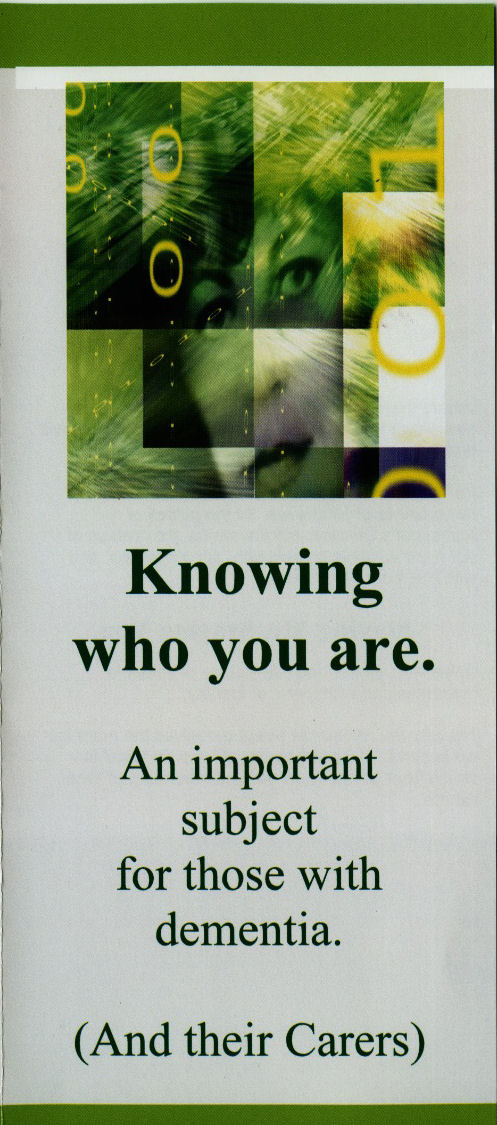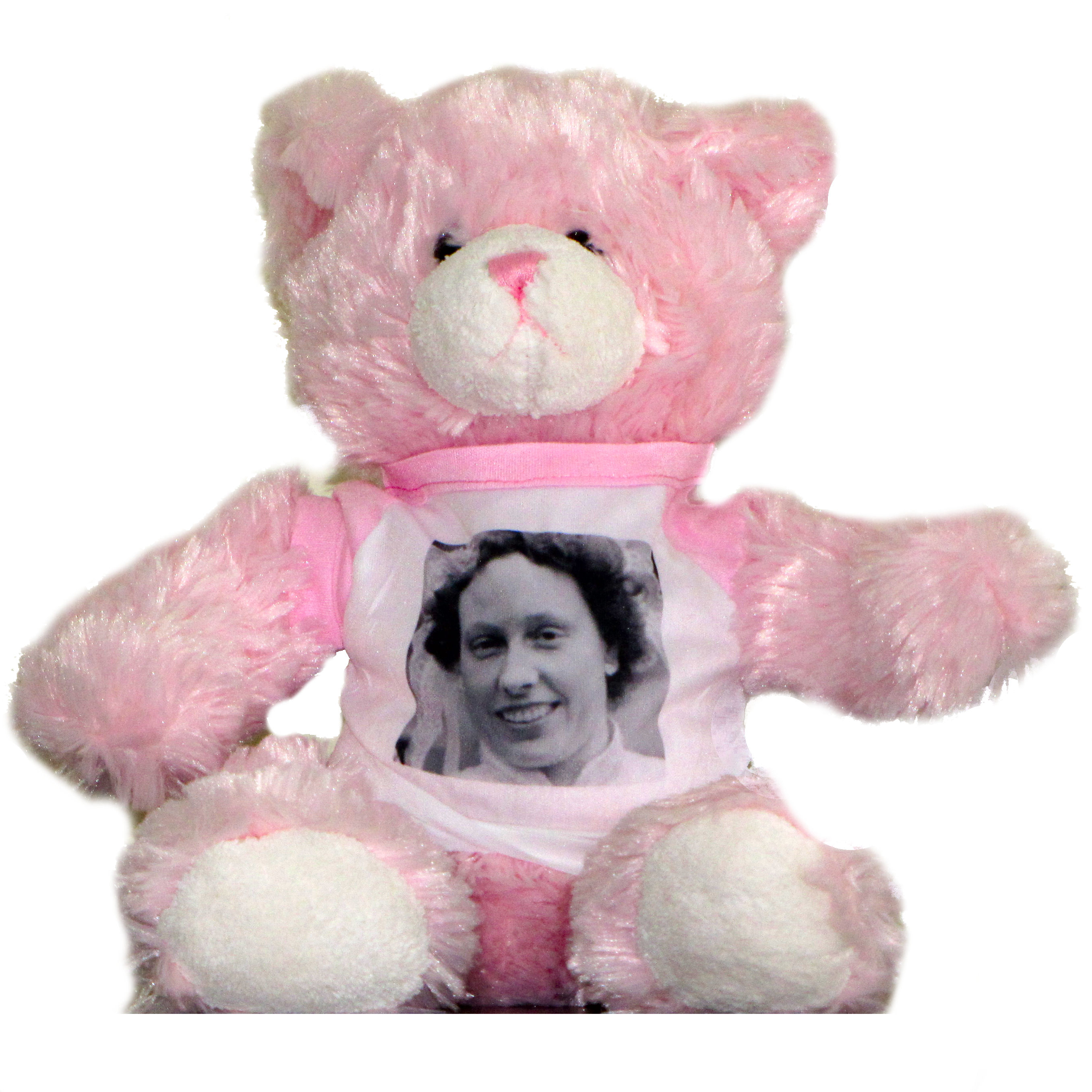DementiaDementia is a general or umbrella term that is used to describe memory loss, impaired reasoning, reduced langage capabilities and other daily living skills which has occurred due to progressive deterioration of brain function. There are a number of types of dementia, over 100! Most are progressive. It can be heartbreaking to lose the person we care for to such a disease. Memory can - and usually is - affected, which can lead to loss of shared 'good times' as they are robbed of their past. And it is not just memory. They can lose cognitive abilities, experience changes in their character, lose insight. They can become repetitive, confused, anxious, begin to wander, exhibit 'behaviours of concern'. In Australia, it can affect ten percent of those aged over 65 and nearly half of those over 80. Sometimes there just seems to be no hope left. But there is always hope. The first thing is to get an answer to the question - is it dementia? Start with your GP. Once dementia has been diagnosed, active treatment will depend on the types of dementia. Specialists will be of enormous help here - you may require more than one depending on the particular dementia involved. Active treatment may include a range of drug-based options. Then there is active caring. This may include lifestyle changes, such as home and/or personal care, environment changes and so forth. You will need to consider what sort of care the person needs - now and into the future. What changes can be made to reduce the negative impacts of their dementia. What can be done to deliver the best quality of life for them? When caring for someone with dementia, carers may actually experience a type of loss - it is essentially an ongoing mourning for the person 'that was'. As the person becomes more and more adversely affected by their condition, and as the care requirements increase, even the very relationship enjoyed by two can quite radically alter. Roles can reverse - children can become parents and parents can become (more like) children. Spouses can become more like brothers and sisters - or sons and daughters.
|
|
|
|
|
|
|
|
|
|

 Facebook
Facebook Reddit
Reddit Twitter
Twitter Delicious
Delicious